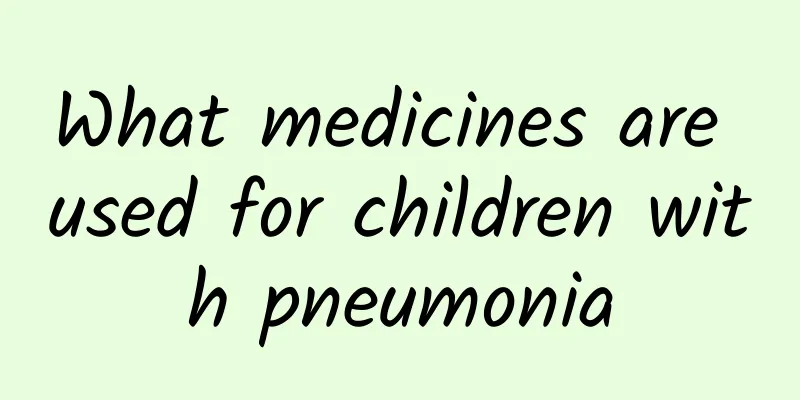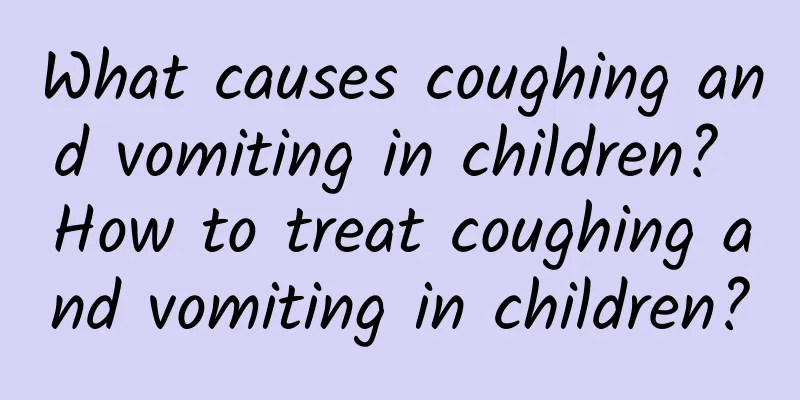What causes neonatal jaundice?

|
Neonatal jaundice may be caused by many factors, including physiological factors, pathological factors, and environmental factors. It is necessary to distinguish the specific causes and take corresponding treatment measures. 1) Influence of genetic factors Some neonatal jaundice may be caused by genetic factors, such as genetic diseases related to enzyme dysfunction in the family. For example, glucose-6-phosphate dehydrogenase (G6PD) deficiency can make neonatal jaundice more likely to occur. This situation usually requires genetic testing to confirm the diagnosis. For jaundice caused by genetic diseases, special medical intervention should be taken under the guidance of a doctor. 2) Impact of environmental factors External environment such as cold, infection or drug exposure may aggravate the symptoms of neonatal jaundice. For example, breast milk jaundice is related to the malabsorption of certain components in breast milk by newborns. You can consider adjusting the feeding method or observing for a period of time under the advice of a doctor. At the same time, neonatal infection (such as sepsis) may also lead to bilirubin metabolism disorders, which require timely anti-infection treatment. 3) Physiological jaundice Physiological jaundice occurs in most normal newborns, usually starting 2-3 days after birth, reaching a peak, and gradually disappearing on its own. This is mainly due to the immaturity of the bilirubin metabolism system in newborns. For physiological jaundice, parents are advised to observe the changes in neonatal jaundice and ensure that the baby has sufficient light and intake to promote bilirubin metabolism and excretion. 4) Pathological jaundice Pathological jaundice usually appears within 24 hours after birth and may be caused by hemolytic diseases (such as maternal-fetal blood type incompatibility), biliary atresia, infection or other diseases. These diseases can lead to abnormal accumulation of bilirubin decomposition and excretion, and detailed blood and liver function tests are required to determine the cause. Treatment measures may include blue light irradiation, blood transfusion or surgery. 5) Jaundice caused by trauma and childbirth During delivery, the newborn may have increased red blood cell rupture due to scalp hematoma and other conditions, which in turn increases bilirubin levels and worsens jaundice symptoms. This type of jaundice can be gradually alleviated through timely intervention. Parents need to decide whether to seek medical attention based on the severity and duration of jaundice. Generally speaking, if jaundice appears within 24 hours of birth, or if the jaundice spreads to the limbs or is accompanied by symptoms such as low spirits and vomiting, the child should be taken to the hospital for examination immediately. Timely discovery of the cause and taking appropriate measures can effectively prevent serious consequences such as brain damage caused by jaundice. |
<<: The main symptom of acute laryngitis in children is dyspnea
>>: Are childhood seizures life-threatening?
Recommend
What to do if your 7-month-old baby has a runny nose? Try these 4 ways to deal with your baby's runny nose
The baby's nasal mucosa is of very high quali...
What are the social skills training for ADHD?
ADHD is a common psychological disorder in childr...
Can children's diarrhea be cured for free?
Currently, pediatric diarrhea brings more harm. M...
Can babies eat eggs when they have a cough? What dietary habits should babies pay attention to when they have a cough?
When children cough, if they are not allergic, th...
Jaundice and diarrhea with gastric ulcer
Jaundice, diarrhea and gastric ulcer may be relat...
What to do if jaundice is higher than 17 points
High jaundice usually refers to high bilirubin. I...
How much does it cost to check for eczema in children?
New parents should know that almost every baby ha...
Is polio hereditary?
Many patients will ask some questions about wheth...
What are the symptoms of neonatal pathological jaundice?
Neonatal pathological jaundice often manifests as...
What is the standard for immunoglobulin insensitivity in Kawasaki disease?
The standard for Kawasaki disease immunoglobulin ...
How to effectively reduce mumps
How to prevent mumps, what should you pay attenti...
Can mumps cause swollen and painful gums?
Can mumps cause swollen and painful gums? Mumps m...
What kind of porridge is good for children with cough
When children have a cough, they can choose porri...
What are the methods for examining acute laryngitis in children?
What are the methods for checking acute laryngiti...
What examinations should be done before pediatric hernia surgery? What are the manifestations and symptoms of pediatric hernia?
Many parents do not know that they need to underg...









